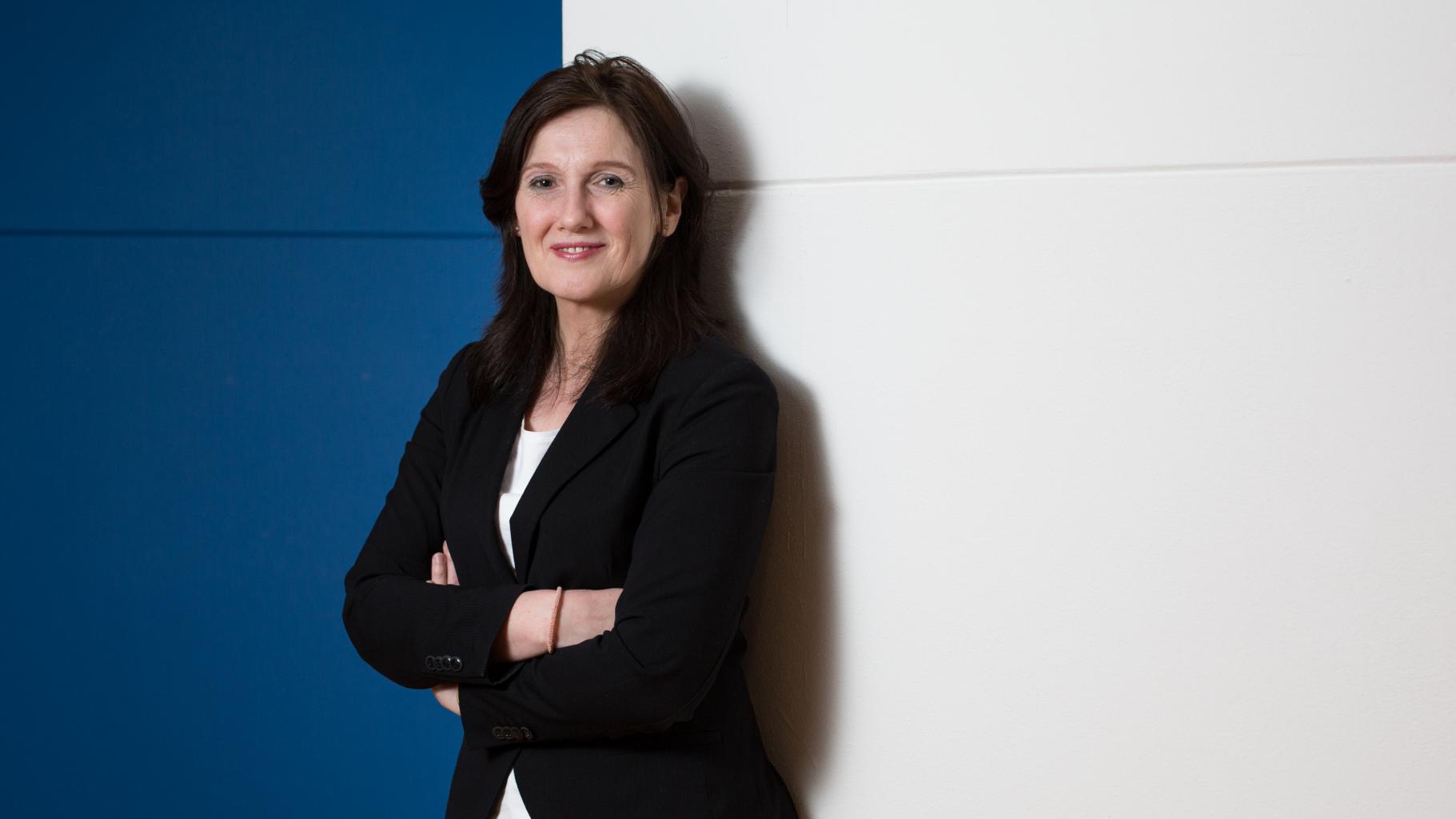De website van het Radboud Centrum Sociale Wetenschappen (RCSW) wordt verhuisd! Het merendeel van de informatie is vanaf heden beschikbaar op https://ru.nl/rcsw.
Sommige zaken (zoals de meeste formulieren) blijven nog een tijdje alleen beschikbaar op de oude website.
Onze excuses voor als je het gevoel krijgt heen-en-weer gestuurd te worden tussen de oude en de nieuwe website!
Bite Science | Western Approaches for the identification and development of talent
This literature review provides an overview of the various modern approaches in talent programs for the context of schools and sports reported in scientific journals (2009–2019) and presents their similarities and differences and options for cross-pollination between contexts.
Author: Irene R. Faber,Lena Sloot,Lianne Hoogeveen,Marije T. Elferink-Gemser & Jörg Schorer
This is a first attempt to overarch contexts regarding talent identification and development. Searches in 12 databases yielded 31 studies. Similarities and differences between contexts were distilled through a qualitative content analysis and described for the identification of talent and talent development. Based on these results, it is suggested that school contexts might benefit from including a talent transfer pathway, differentiating for maturity-level and sex, emphasizing on deliberate practice, monitoring load-ability, and applying acceleration, which are proposed approaches in the sport context. Furthermore, several approaches from the school context could enhance talent programs in sport, including universal screening, paying attention to underserved populations, focusing on creativity and enrichment as well as enhancing the accountability and education level of trainers/coaches. Future studies need to evaluate the efficacy and feasibility of approaches in practice. Moreover, the search could be expanded to other countries to establish a more global view while examining national patterns regarding policy and funding contexts in which programs are located.
Read the whole peer-reviewed article here
About Lianne Hoogeveen

Lianne Hoogeveen (1960, Wassenaar) completed her Psychology studies at Radboud University in 1988. She obtained her PhD in 2008 for research into the socio-emotional effects of educational adaptations for gifted students, with an emphasis on acceleration in their scholastic trajectory. She has worked at CBO Talent Development (part of Radboud University until 2016) as a clinical mental health psychologist since 1991, where she was also head of the department between 2008 and 2016. She treats and guides children, adolescents and adults there.
